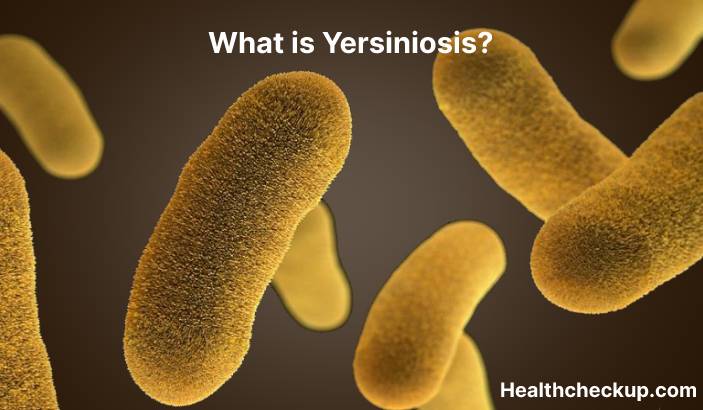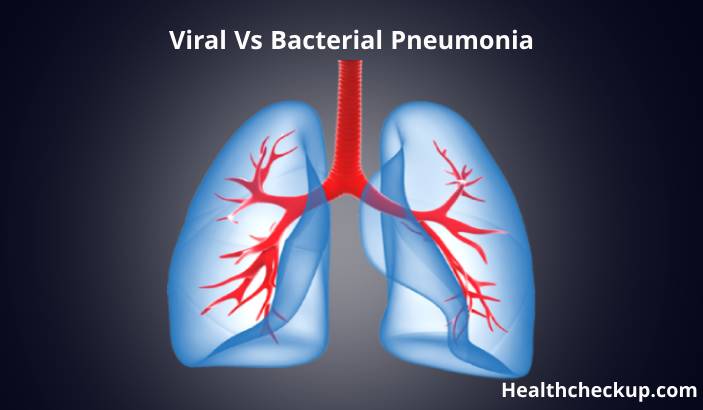Yersiniosis is an infection that is caused by bacteria from the Yersinia family, most commonly Yersinia enterocolitica. Yersiniosis is most commonly seen in young children and in people with compromised immune systems, but it can occur at any age. It is typically transmitted through contaminated food or water, and through contact with infected animals, such as pigs or poultry.
Symptoms of yersiniosis may include:
- Diarrhea
- Abdominal pain
- Fever
- Nausea and vomiting
- Loss of appetite
In some cases, yersiniosis can lead to serious complications, such as sepsis (a potentially life-threatening infection of the bloodstream) or reactive arthritis (a type of joint inflammation that occurs in response to an infection).
Diagnosis of yersiniosis is typically based on the presence of symptoms and a history of exposure to contaminated food or water, or contact with infected animals. It may also involve laboratory tests to confirm the presence of the bacteria.
Treatment of yersiniosis is typically with antibiotics to help clear the infection. It is important to complete the full course of treatment as prescribed by your healthcare provider to ensure that the infection is fully cleared. In some cases, treatment may also involve medications to control symptoms, such as diarrhea.
Yersiniosis can be prevented through proper hygiene practices, such as washing hands thoroughly and cooking food to a safe temperature. It is also important to avoid consuming contaminated food or water, and to avoid contact with infected animals. If you are experiencing symptoms of yersiniosis or have been exposed to the bacteria, it is important to seek medical attention as soon as possible. Follow the recommendations of your healthcare provider to help manage your symptoms and to reduce the risk of complications.









